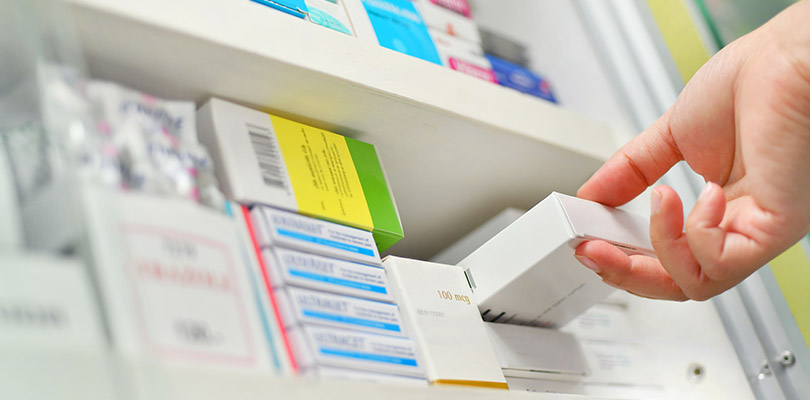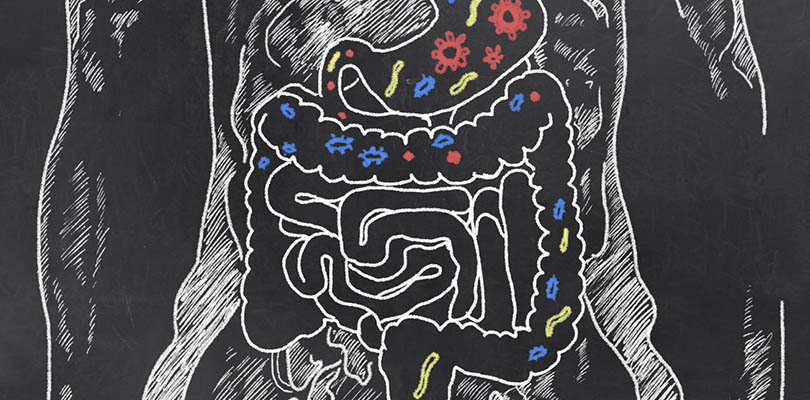Treatment for IBS Diarrhea
Irritable bowel syndrome (IBS) is an uncomfortable and often debilitating condition that can significantly impact a person’s day-to-day life. IBS is categorized as a common disorder that affects the large intestine.
Symptoms can range from stomach pains, excessive gas, mucus in the stool, and diarrhea. While it’s not considered life-threatening, it can certainly lead to a lot of stress and embarrassment for the individual.
Diarrhea is likely one of the most uncomfortable symptoms that can completely influence a person’s decision to participate in regular activities. It’s important for individuals with IBS diarrhea to understand that there are treatment options available to them.
Learning more about treatment for IBS diarrhea will give people a sense of control they deserve and the ability to get a handle on their condition.
Avoid Trigger Foods
Diet plays an incredibly significant role in how often and severe IBS diarrhea will occur. Some of the more common trigger foods include fried foods, caffeine, and chocolate.
Not everybody with IBS has the same trigger foods, but you should certainly take the time to identify yours. You can do this readily by logging your diet in a food journal. It may be a tedious process at first, but it is especially helpful in the long run and you'll know what not to include in your IBS diarrhea diet plan.
Include Fiber in the Diet
Fiber helps bond the stool together and increase its bulk. While not everybody who has IBS will respond well to fiber supplements, for some people, it’s absolutely necessary when trying to treat IBS-related diarrhea.
It should be noted that fiber has proven especially helpful in treating stress-related diarrhea. However, too much fiber can actually have an adverse effect on IBS patients and make their symptoms worse.
Use this option with caution and pay close attention to your bowel movements to ensure that you are not getting constipated.
Manage Stress
Stress can influence your health in a variety of ways. It can especially wreak havoc on your digestion. If you have IBS, then you are at an even higher risk of stress triggering a variety of symptoms, including diarrhea.
Light physical activities such as a walk, yoga, or bike ride can help reduce stress. Seek out activities that make you feel at peace, and you are well on your way of managing one of the most uncomfortable symptoms associated with IBS.
Participating in a stress-relieving activity once a day can help alleviate some of those IBS symptoms and improve your health overall.
How to eat safe foods for IBS that will likely improve symptoms as well as understanding FODMAPs and what not to eat.
Over-the-Counter Medications
There are a variety of over-the-counter medications that help reduce diarrhea. This is especially helpful if you know that you will be in situations that are out of the norm and stress you out. Simply taking the medication before the event can help settle your stomach and keep you feeling your best.
This is a great option for people who know that their diet, activity level, or stress may be influenced by a particular event.
Prescription Medications
For especially severe cases, you may need your doctor to prescribe medication for combatting IBS-related diarrhea. The type of medications can range from antidepressants, muscle relaxers, or stronger medications to soothe the stomach.
Talk Therapy
To get back to the issue of stress, talk therapy may be a solution for some people. Oftentimes, working through your stress with a therapist can help you learn better-coping strategies, so your body doesn’t react physically to it.
Acupuncture
Some people turn to alternative treatment options such as acupuncture to assist in curbing some of the severe symptoms of IBS. However, it should be noted that there are mixed reviews about the effectiveness of this treatment plan. Some individuals have reported that it has significantly reduced their IBS episodes.
Take Probiotics
Probiotics are said to be the “healthy” bacteria that live in the gut. Some studies show that probiotics can help with IBS, including issues with diarrhea.
Research indicates that people started seeing some improvement after about four weeks of taking the probiotics. However, some case studies reveal that the results were mixed and not effective for some IBS patients.
Overview
It’s no secret that living with IBS can be difficult for people. However, IBS doesn’t have to dictate your life. Understanding the disease and the treatment options available can go a long way in preserving your health and peace of mind.
If you suspect you may have IBS, reach out to your medical professional to learn more. It’s important to have a proper diagnosis before trying any treatment.
Remember, not every treatment for IBS diarrhea listed above will be effective for you, but most people find a treatment that makes their life a bit more comfortable. Ask your doctor for more information about which treatment option is likely to be the best choice for you.
It’s time to take back your health!







